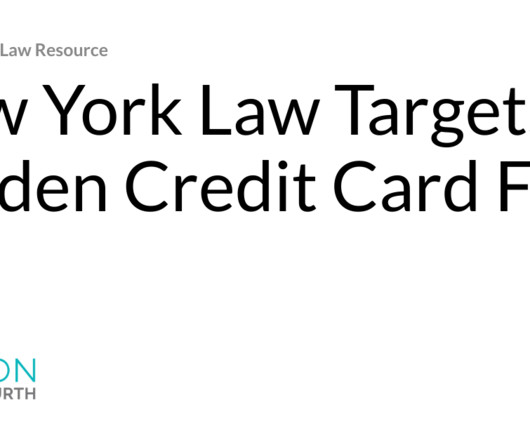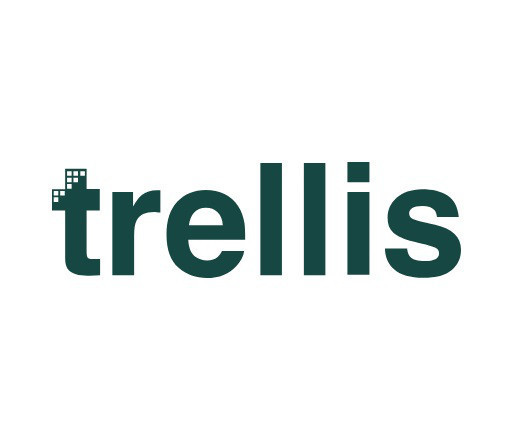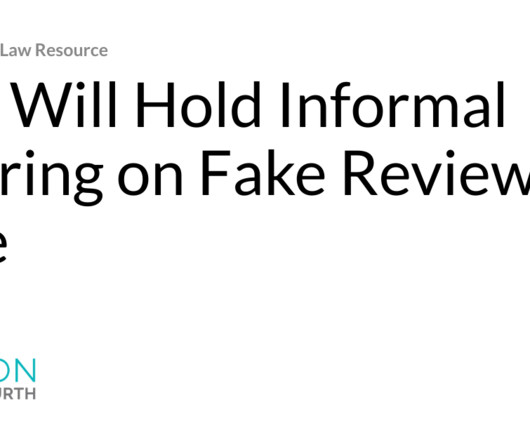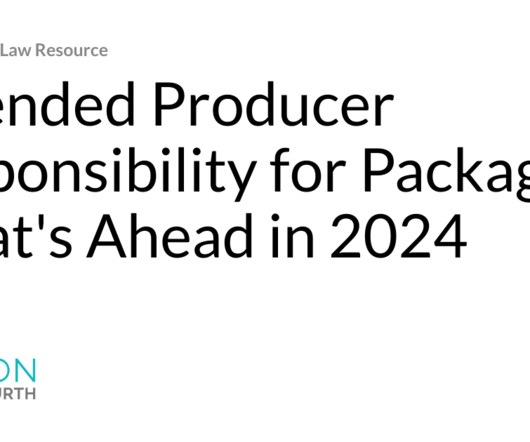New FCC Regulations Transforming Lead Generation: What Insurance Agents and Marketers Need to Know!
The Insurance Marketer
JANUARY 11, 2024
On December 13, 2023, The FCC has introduced new rules that are set to fundamentally change the way insurance agents and marketers approach lead generation This ruling is significant for.
















Let's personalize your content